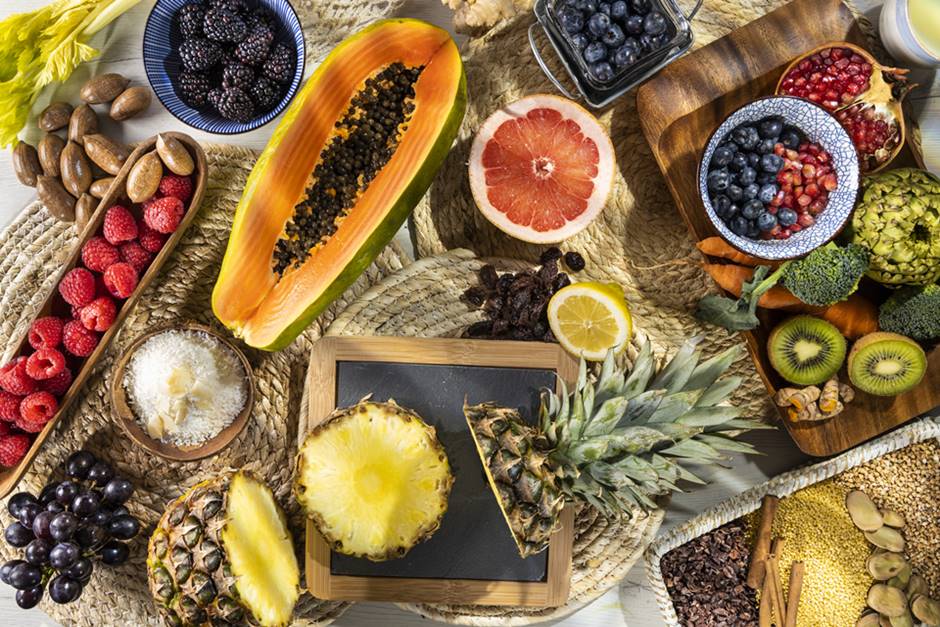The low-carb diet is most popular among those who want to lose a few pounds. Bet on reducing your carbohydrate intake, the system delivers quick results, but it requires attention when choosing what to eat. One of the main doubts about the choice Fruit on a Low-Carb Diet.
Many people are afraid to add to Low-carb diet due to sugar levels, a type of nutrient. However, fruits are, yes, healthy foods. They tend to be rich in minerals, vitamins, and fiber, which are important nutrients for good health.
“Sugar is a substance found in almost all foods. However, there are good sources of sugar, as are natural foods — fruits, vegetables, eggs, tubers — and integrated carbohydrates,” says Thays Britto, nutritionist at capital Cities.
In the case of people who already have a poor metabolism, it may be interesting to have a strategy that modifies the intake of sugars, including those in fruit. However, this does not mean that it is the fruits that caused this problem.
Fruit is essential Prevention of many diseases, including cardiovascular disease. It is recommended to eat up to 4 servings of fruits and vegetables per day.
fruit vs. Sugar
A daily amount of vitamins, minerals, and fiber must be included in the diet to ensure the body can function, as it is not able to produce all the nutrients on its own. The best source of these substances, which even our ancestors used, was ripe sweet fruit.
It’s important to know that the body runs on glucose – the simple sugar that cells use for energy. Glucose is a building block of carbohydrates, and it is one of the three essential nutrients for the body to function. The other two are fat and protein. Carbohydrates found in natural foods such as fruitsVegetables, whole grains, nuts, and seeds, travel in nutrient-dense packages.
Fruit also contains other important substances, such as phytonutrients and antioxidants, which are produced only by plants. According to experts, the nutrients are able to fight cancer and promote heart health.
“There is even a nutritional deficiency that develops due to a lack of regular consumption of fruits and vegetables,” Brito says.
The important thing is to make informed decisions when filling your plate. The nutritionist cites ten low-carb fruits that can be added, without excess, to a low-carb diet. Prunes, avocados, and coconuts are examples of foods rich in monounsaturated fats and are highly recommended for people with diabetes.
- Strawberry (5.1 g)
- lemon (5.2 g)
- Tangerina (8,7 g)
- Coconut 6.2 grams
- plum (3.6 g)
- cantaloupe (7.2 g)
- Passion fruit (9.1 g)
- Peaches (7.9 g)
- Avocado (1.8 grams)
- watermelon (8.0 g)
refined sugar
Preventive medicine specialist Jennifer Rock from the clinic Morehouse HealthcareIn the United States, he explains, refined sugars, on the other hand, are highly processed and low in nutrients, as well as being a concentrated form of carbohydrates.
The food industry produces refined sugars in several ways. The most common are sucrose crystals, such as table sugar, and high fructose corn syrup, found in many processed foods and sugary drinks.
She ensures that if patients saturate their sweet tooth with foods that contain refined sugar rather than nutrient-dense fruits, they may not be getting all the nutrients they need. Over time, this deficiency can create a vicious cycle of overeating that leads to obesity and poor health.
guidance
Eliminating foods sweetened with refined sugar is the first thing to do. Jennifer guides you towards lasting change in your lifestyle. Increasing your intake of nutrient-rich fruits and vegetables after eliminating refined sugar will not only benefit your health, but will also make your taste buds more sensitive and able to better appreciate the natural sweetness of fruits.

“Wannabe internet buff. Future teen idol. Hardcore zombie guru. Gamer. Avid creator. Entrepreneur. Bacon ninja.”

